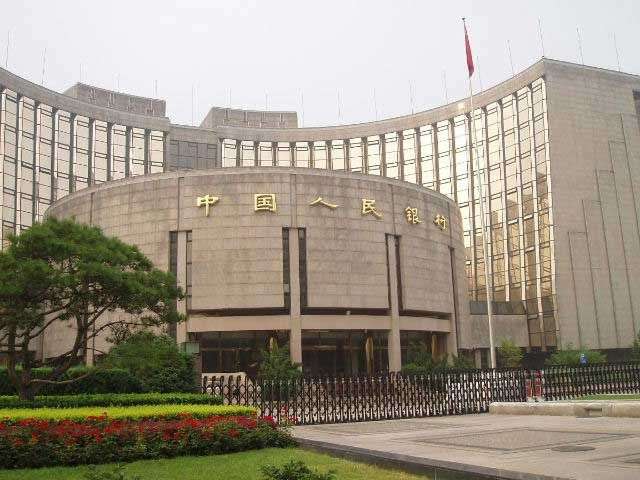China’s central bank added the most funds to the financial system in open-market operations in six months and sold the cheapest treasury deposits in five years as efforts to prop up the yuan strained the supply of cash.
The People’s Bank of China auctioned 150 billion yuan
($23.4 billion) of seven-day reverse-repurchase agreements, according to a statement on its website. That compares with 120 billion yuan maturing Tuesday, leaving a net injection of 30 billion yuan. The PBOC also sold 60 billion yuan of three-month treasury deposits on behalf of the Ministry of Finance at 3 percent, according to a trader who bid at the auction. That’s the least since at least 2010.
“Interest rates are at a tolerable level for the PBOC,” said Chen Peng, a fixed-income analyst at Fortune Securities Co. in Shenzhen. “The bank of China may be concerned that too many injections could bring unnecessary additional depreciation pressure to the currency, and that’s why we don’t think any reserve-requirement ratio cuts will come any time soon.”
The cost of one-year interest-rate swaps, the fixed payment to receive the floating seven-day repo rate, rose one basis point to 2.57 percent, data compiled by Bloomberg show. The yield on 10-year notes due July 2025 fell one basis point to 3.47 percent, according to National Interbank Funding Center prices. That’s the lowest since the end of July.
Tightening Concern
Major banks have been seen selling dollars toward the close of onshore trading in Shanghai on most days since a surprise yuan devaluation on Aug. 11. The intervention removes funds from the financial system and risks driving borrowing costs higher unless the monetary authority releases additional cash.
China’s foreign-exchange reserves will drop by some $40 billion a month for the rest of this year, according to the median of 28 estimates in a Bloomberg survey this month.
“Banks have become more reluctant to lend and we expect the PBOC to offer liquidity support,” said Liu Dongliang, a Shenzhen-based analyst at China Merchants Bank Co. “The amount was smaller than expected.”
The monetary authority injected a net 150 billion yuan last week using reverse-repurchase agreements. It also added 110 billion yuan via its Medium-term Lending Facility.









